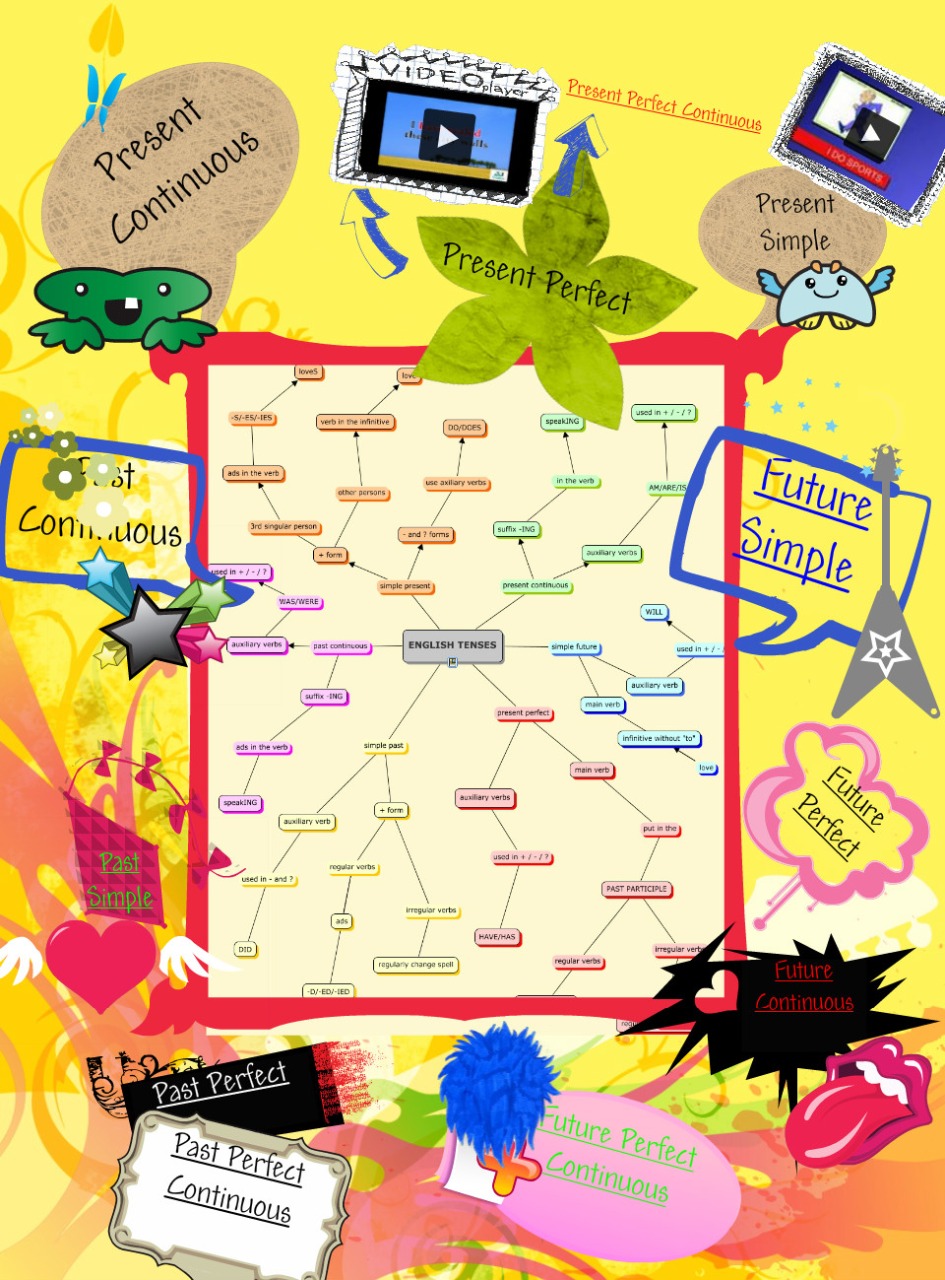TEORY
OBJECT PRONOUNS
Object pronouns are used instead of nouns,
usually because we already know what the
object is. It makes the sentence easier to
read and understand and avoids repetition.
We normally use object pronouns after a
verb or a preposition.

ENGLISH VERB TENSES
SIMPLE PRESENT
- Action in the present taking place once,
never or several times.
- Facts.
- Actions taking place one after another.
- Action set by a timetable or schedule.
SIMPLE PAST
- Action in the past taking place once,
never or several times.
- Actions taking place one after another.
- Action taking place in the middle of
another action.
PRESENT PROGRESSIVE
- Action taking place in the moment of
speaking.
- Action taking place only for a limited
period of time.
- Action arranged for the future.
PAST PROGRESSIVE
- Action going on at a certain time
in the past.
- Actions taking place at the same time
- Action in the past that is interrupted
by another action.
PRESENT PERFECT
- Putting emphasis on the result
- Action that is still going on
- Action that stopped recently
- Finished action that has an
influence on the present.
- Action that has taken place once,
never or several times before the
moment of speaking.
PAST PERFECT
- Action taking place before a certain
time in the past.
- Sometimes interchangeable with
past perfect progressive.
- Putting emphasis only on the
fact (not the duration).

